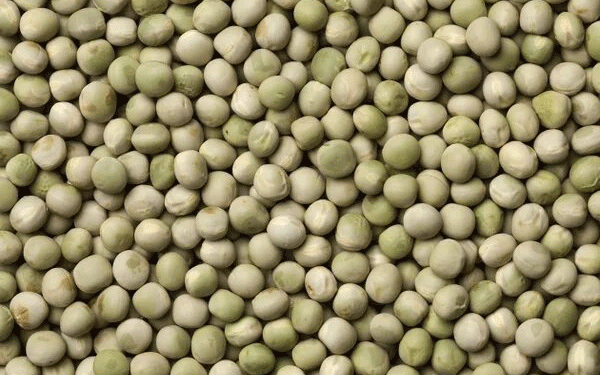With the arrival of spring, Russian farmers in the Kuban region are getting to work. The first fields have been sown in the central part of the region, with legumes such as peas and soybeans going into the ground. One of the first areas to begin seeding is Yeysk District, where the agricultural enterprise Sovetskoye is planting peas across an area equivalent to more than 400 football fields in a single day.
This year, nearly 2 million hectares in the Krasnodar Territory have been allocated for spring crops, including sunflower, sugar beet, and corn — with sowing of the latter to follow as temperatures rise. Notably, the share of domestically produced seeds for these crops has reached 55%, marking a significant step toward agricultural independence.
Peas, the first crop planted this season, are known not only for their market value but also for their agronomic benefits. As a nitrogen-fixing legume, peas naturally enhance soil fertility, reducing the need for synthetic fertilizers in subsequent crop cycles. According to recent research from the FAO and other agronomic studies, incorporating legumes like peas into crop rotation systems can increase nitrogen levels in the soil by 40–60 kg per hectare, while improving overall soil structure and microbial activity.
Farmers in Yeysk rely on experienced operators like Evgeny Vlasov, a 26-year veteran mechanizer. Modern precision agriculture tools, such as mechanical row markers and GPS navigation systems, are helping streamline the sowing process, even when mobile communication is limited in the fields.
Still, farmers remain at the mercy of the weather. February brought unexpected cold spells, though the resulting snow added valuable moisture to the soil. “Peas require moisture for proper seed swelling,” explained Vitaly Vuychikov, the chief agronomist at Sovetskoye. “Warmth accelerates germination. Right now, our main goal is to achieve strong, uniform emergence.”
In the coming weeks, the sowing campaign will intensify. Sugar beet and sunflower will follow, as well as corn once the soil warms. With proper weather and efficient management, the 2025 growing season promises to be productive not just in yield, but in long-term soil health and sustainability.
The start of spring sowing in the Krasnodar region signals more than just the beginning of a new agricultural season — it reflects a forward-looking approach that balances productivity with ecological sustainability. Peas may be small, but their impact on both soil health and profitability is substantial. With rising domestic seed use and the integration of modern farming practices, Russia’s agricultural sector is gearing up for a strong and resilient season.
Error





